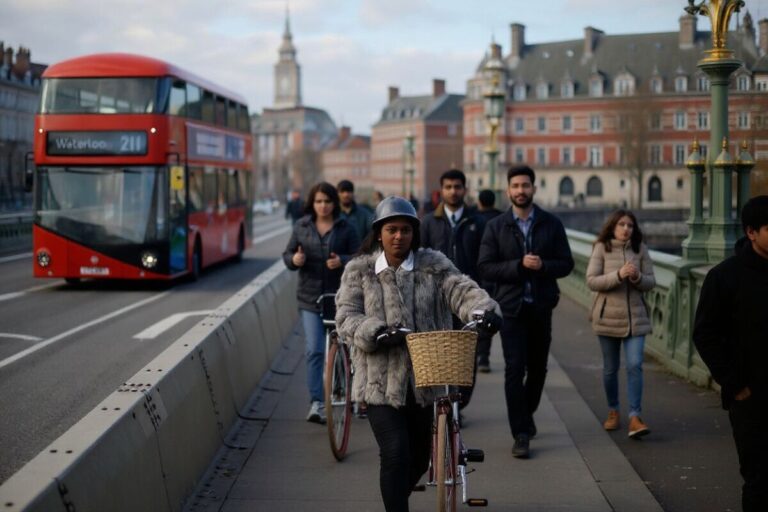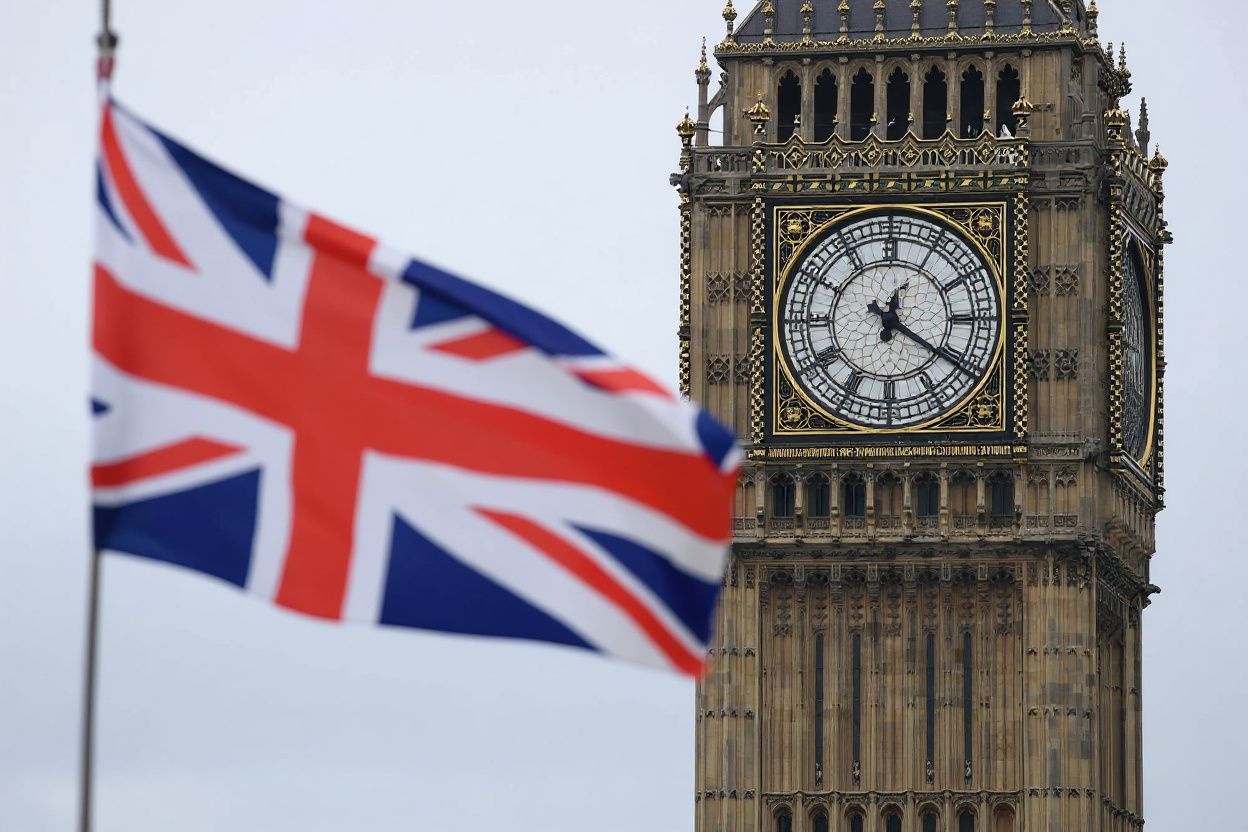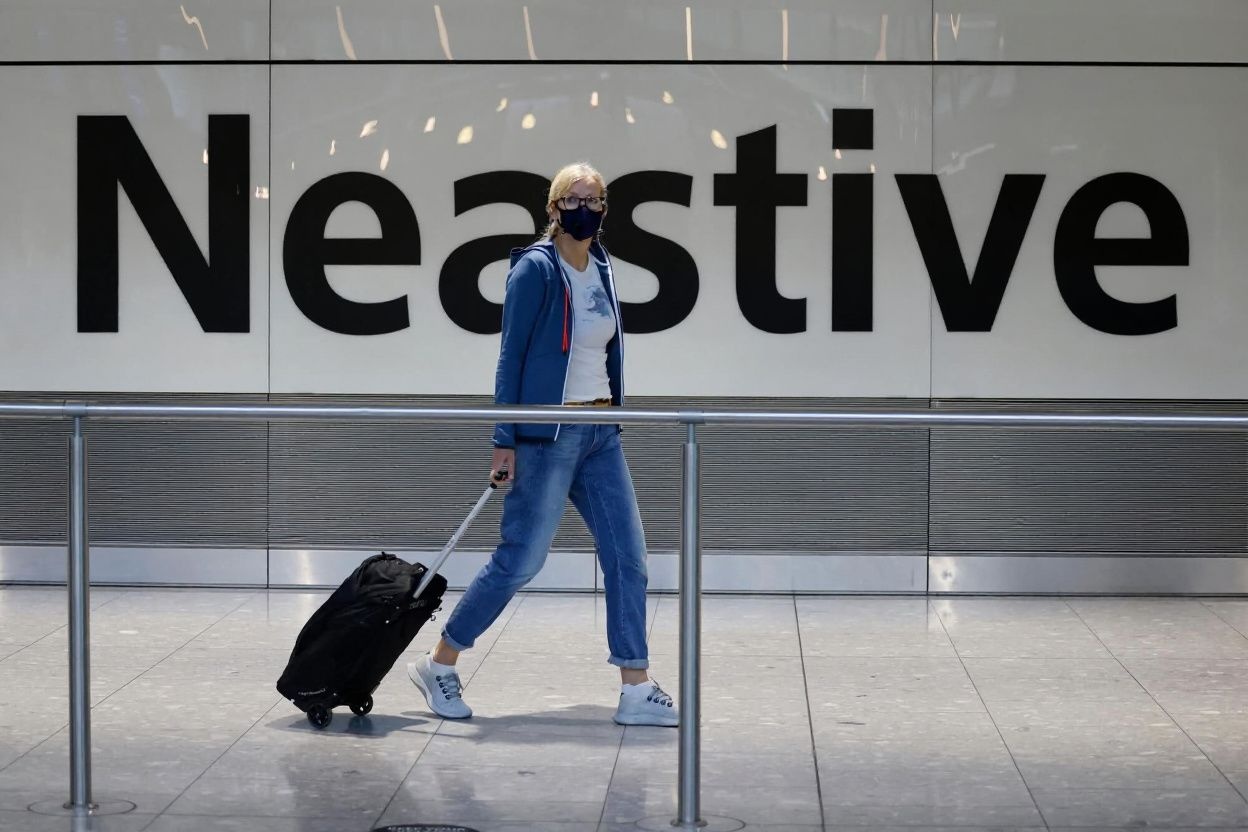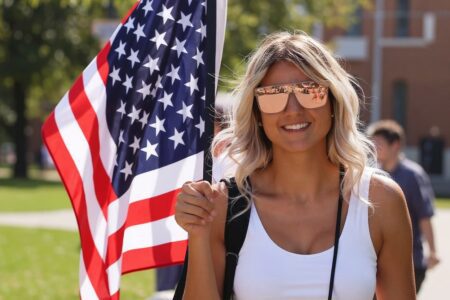
What is the process of getting a UK visa for Indian students like? The year 2021 marked an increase in visa applications to the UK by Indian students, especially after travel restrictions and mandatory quarantine was lifted for Indian travellers coming into the UK. Ministers are reportedly planning to ease immigration restrictions on Indian students too, simplifying the process of living and working in the country.
If you’re an Indian student who has been accepted to study in the UK, then you will most likely need one before pursuing your study abroad dreams. With the right visa, you can study and remain in the UK, and even work part-time for the duration of your studies. Here is our updated guide to get you started:
Which is the right UK visa for me as an Indian student?
If you’re an international student, your UK student visa will depend on your level of study at your institution. According to GOV.UK, there are four visa categories to the UK available for international students:
- Student visa: This is the most common visa for foreign students aged 16 and above to study in higher education institutions. If you’re heading to British universities, this is the visa that you will need.
- Short-term study visa: This is a visa issued for students coming into the UK for English language courses lasting longer than six months and up to 11 months. You’re allowed to stay in the UK for the duration of your course, plus an extra 30 days, as long as your total stay does not exceed 11 months.
- Child student visa: For students aged four to 17 years old, this is the visa issued to them to study in British independent schools. Students on this visa are not allowed to study at a state-funded school.
- Standard visitor visa: If your course is less than six months, you can apply for this visa for certain courses and examinations.
I’ve been accepted to a UK university — how do I know if I’m eligible for a student visa?
If you’re applying for a UK student visa, you will need to have:
- An offer from a course by a licensed student sponsor. The most important document you need is the Confirmation of Acceptance for Studies (CAS), which is a reference number issued by your education provider once you’ve been offered your place. Without a CAS, you cannot apply for the Student Visa.
- Sufficient funds for your tuition fee payments and living costs. Your tuition fee amount will be listed on your CAS, and the cost of living varies depending on your study location.
- Proof of English language proficiency. You can find out more about accepted English language qualifications here.
 From documents needed to whether you can work part-time, here's all you need to know about getting a UK visa for Indian students.
From documents needed to whether you can work part-time, here's all you need to know about getting a UK visa for Indian students.
Are there any other documents that I need as an Indian student going to the UK?
You will need to undergo a mandatory tuberculosis test at a clinic approved by the Home Office. You can check the full list of approved clinics in India here.
The test results must be included in your visa application. If you’re under 18 years old, you also need a written consent letter from both parents or legal guardians. An Academic Technology Approval Scheme (ATAS) certificate might be required for certain courses.
What is the application process like to get a UK visa for Indian students?
First, you need to check that all your documents are in order. The UK student visa application can be done online, or you can print and sign your application form and submit all your documents to the nearest UK visa centre in India.
The application fee costs 348 pounds, or less than IN₹35,000. Keep in mind that you will also have to pay for the Immigration Health Surcharge on top of your visa application fee if you’re studying for more than six months in the UK, and the amount varies according to your length of stay.
For a faster decision, you can apply for the priority service at an additional cost. Once your UK study visa is approved, you need to submit your biometrics at the nearest visa centre for your Biometric Residence Permit (BRP) if you’re studying for more than six months.
The BRP can be collected at your institution or the nearest post office to you once you arrive in the UK.
 India has come off the UK government’s amber list since October 2021.
India has come off the UK government’s amber list since October 2021.
UK visa for Indian students — how will COVID-19 affect my plans?
India has come off the UK government’s amber list since October 2021. If you’re applying for a UK visitor visa, you can expect delays in processing times due to extremely high global demands.
As of December 2021, all travellers into the UK coming from another country will have to take a PCR test before and after arrival in the UK. Upon arrival, you must quarantine while waiting for your test results. You can find more information about entering the UK here.










